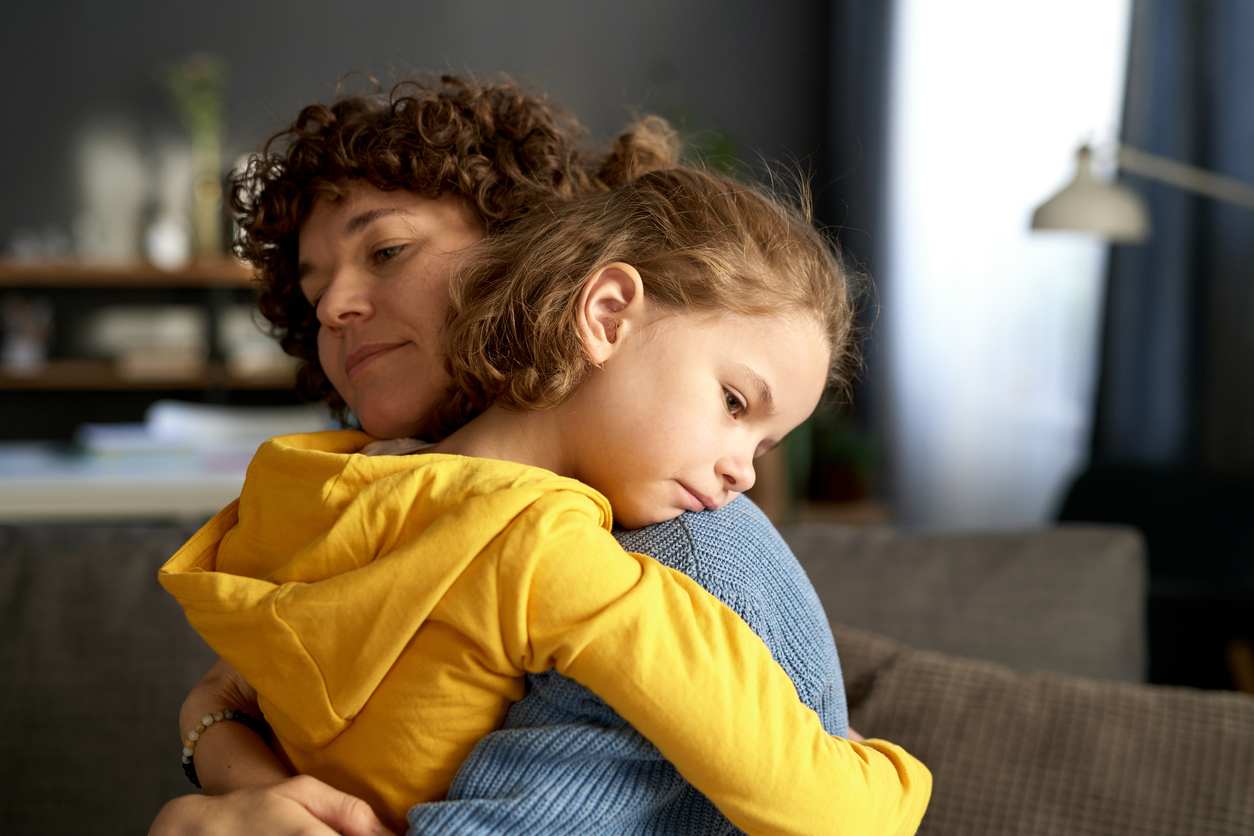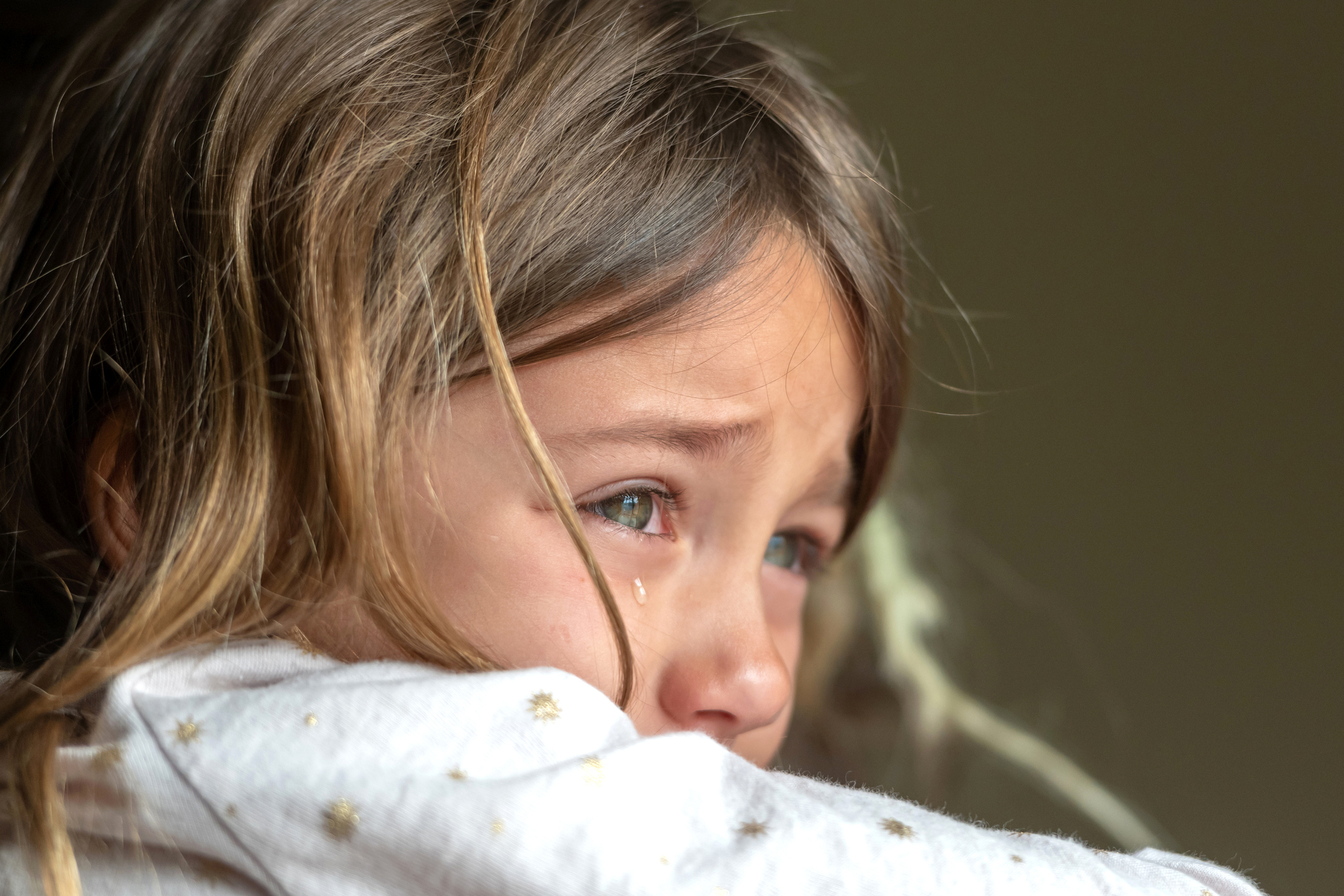New research shows that children placed in care often experience difficulties and show symptoms associated with trauma. Some of these can be also traced to early life events and adverse factor like pre-natal exposure to drugs and alcohol, poverty and neglect. Unfortunately, the correlation between trauma and development is not researched to a greater extent. Practice shows that intervention that focuses on trauma induced difficulties is necessary and beneficial, but not sufficient. Some practical advices to address the issue include ensuring there is a safe environment for the children, providing specific interventions based on the individual needs of the child and keeping the implementation of these measures through adolescence.
Key Takeaways:
- Children who are placed in care show many behavioral and mental health problems compared to other children from troubled backgrounds, yet who are not placed outside the home.
- There is a link between complex trauma in childhood and a chronic disruption of the child’s stress hormones.
- There is a need for improved neuroimaging and neuropsychological studies that track the child’s development over time.
“Early-life adversities for these children may include exposure to alcohol and other substances in utero, and neglect. The potential impact of all these factors must be considered in developing supports for children in care.”
Read more: https://aifs.gov.au/cfca/publications/effect-trauma-brain-development-children







